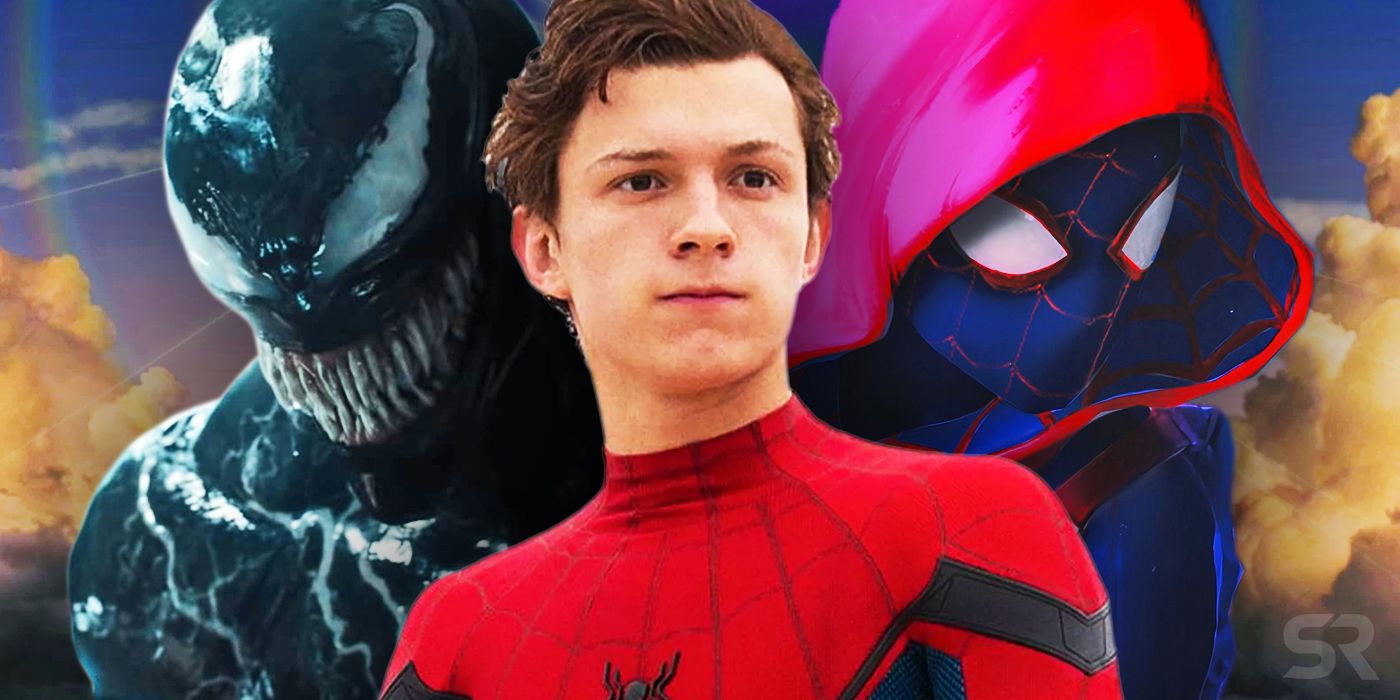
Sony is currently producing no less than three Spider-Man movie universes at once. Just a few years ago, it had looked as though the Spider-Man films were in serious trouble. Sam Raimi's Spider-Man 4 fell through, and Sony hurriedly rebooted the franchise under Marc Webb. The studio fell in love with the idea of building a Spider-Man cinematic universe, inspired by the success of the Marvel Cinematic Universe; 2014's The Amazing Spider-Man 2 was overstuffed with different characters and concepts for a range of spinoffs. The film collapsed under the weight of it all, and the Spider-Man franchise was badly damaged; things only get worse when leaked emails revealed just how confused Sony's plans were for it all.
Fast-forward just four years, though, and Sony has turned Spider-Man around. An unprecedented partnership with Marvel Studios has seen a (re-)rebooted Spider-Man enter the MCU, more popular than ever before. Venom has made over $800 million worldwide, outgrossing even the likes of Wonder Woman; it will hopefully serve as the launchpad for countless other spinoffs. And Sony is even launching a whole range of animated Spider-Man movies as well. Without even leaving the movie theater to take in hits like the PS4 Spider-Man game, Sony's built up an incredible brand.
Related: Every Phase 4 MCU Movie In Development
This unexpected success means that the Spider-Man franchise has essentially splintered into three parts: the Tom Holland MCU films; the live-action villain-centered spinoffs; and the animated movies. It's a rather complex position, and it's easy to get confused between these three sub-franchises. Here, we'll explain how each Spider-Man movie universe works.
- This Page: Spider-Man In The MCU
- Page 2: Sony's Spider-Man Villain Universe
- Page 3: Sony's Animated Spider-Verse Universe
Spider-Man In The MCU Explained
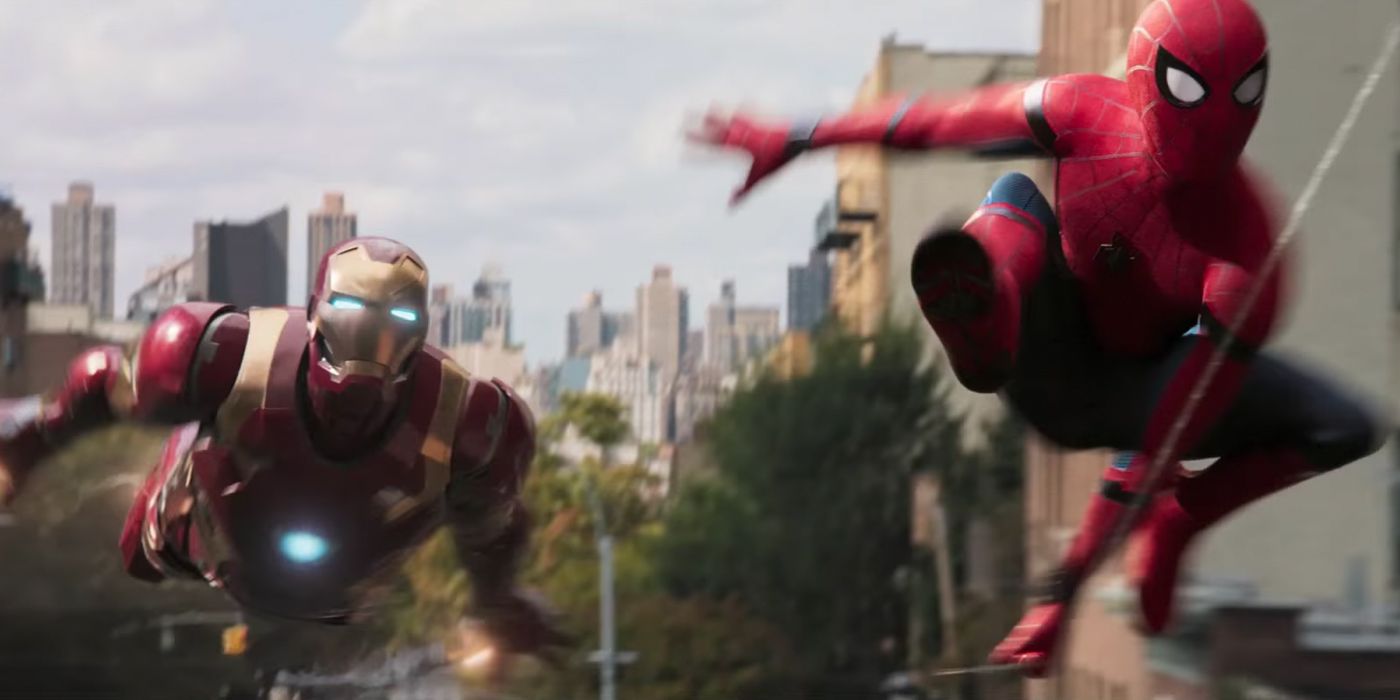
The core Spider-Man films are now set in the Marvel Cinematic Universe, starring Tom Holland as the third iteration of the wall-crawler. Holland's Spider-Man is different to all previous big-screen versions; he's a younger, more inexperienced webhead who lives in a world already jam-packed with superheroes. The character was introduced in Captain America: Civil War, when Tony Stark successfully identified Peter Parker as Spider-Man and recruited him for the famous Airport Battle scene. He proved to be a breakout success, with the late Stan Lee even declaring that he believed Holland to be a perfect fit for Peter Parker.
The first Tom Holland Spider-Man movie, Spider-Man: Homecoming, released last year. This saw Spider-Man eagerly audition for the Avengers, developing a sort of mentor-student relationship with guest star Robert Downey Jr.'s Iron Man. Holland then reprised the role in this year's Avengers: Infinity War, playing a major and well-marketed part in the battle against Thanos. He was killed in the cliffhanger ending of Infinity War, when Thanos succeeded in his insane goal of erasing half the life in the universe with a snap of his fingers. It was a powerful, heartwrenching scene, all the more effective because of Holland's spot-on improv acting.
Why Spider-Man Is In The MCU
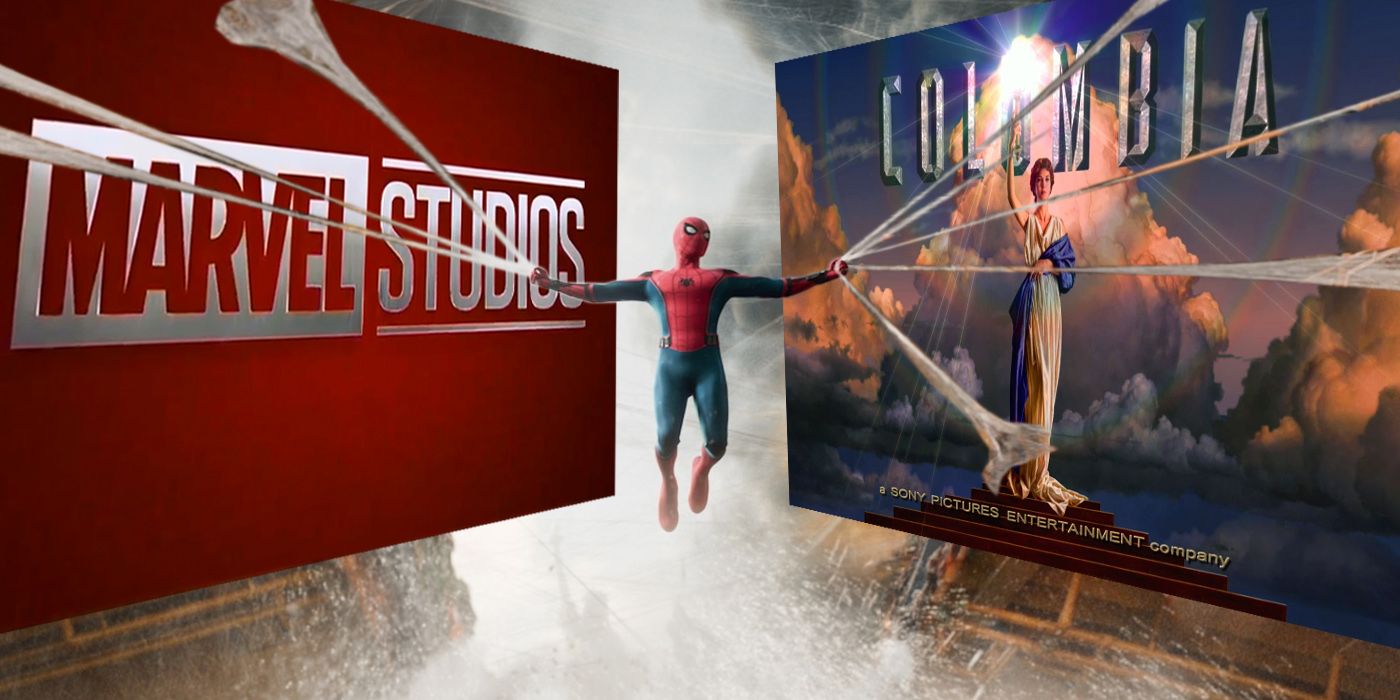
But how did Sony's Spider-Man make his way into the Disney-owned MCU? That rests on Marvel Studios. Spotting an opportunity after the poor critical and box office reception of The Amazing Spider-Man 2, they approached Sony with an unprecedented offer: Sony would keep the film rights for Spider-Man and all his characters, but Marvel would produce a new series of Spider-Man films on their behalf. The movies would be paid for and distributed by Sony - and, crucially, Sony would be the ones who profited from their success. In return, Marvel would be able to use this new version of the wall-crawler as a character in their own films.
Read More: Spider-Man in the MCU: The Marvel/Sony Deal Explained
It's a win-win deal: Sony got a relaunched Spider-Man, with cameos from major MCU actors like Downey and Jackson; Marvel get to integrate the most marketable superhero of all into the MCU and use him as part of their core Avengers franchise. It's important to note that Marvel already owned the merchandise rights for Spider-Man, so they profit through tie-in merchandise as well.
Spider-Man's Future In The MCU
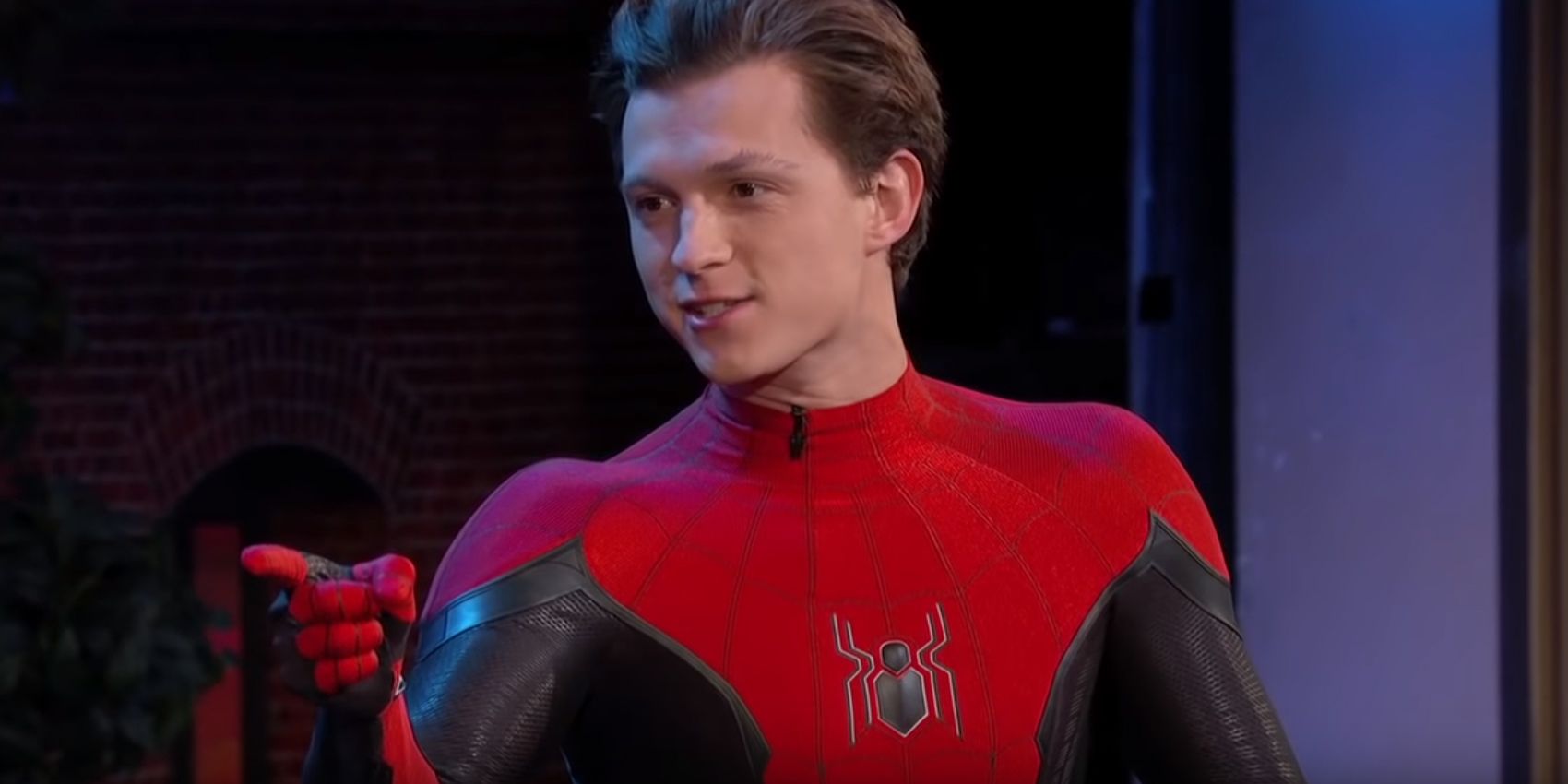
Holland's version of Spider-Man died at the end of Avengers: Infinity War, but he's expected to return in Avengers: Endgame, along with all the other characters killed when Thanos snapped his fingers. He'll then return in Spider-Man: Far From Home, the second solo Spider-Man movie to be set in the MCU. This will be set minutes after the end of Avengers: Endgame and, according to Marvel's Kevin Feige, will set the stage of Phase Four. It features Spider-Man teaming up with MCU stalwarts Samuel L. Jackson and Cobie Smulders as Nick Fury and Maria Hill.
Looking beyond Spider-Man: Far From Home, it's been confirmed that Holland is contracted for six Marvel movies, including a trilogy of Spider-Man films. That contract is running out at surprising speed; as things stand, the third solo Spider-Man movie should be the end of the Holland run. Fortunately for Marvel, Holland has most definitely expressed interest in extending his tenure, which would allow them to continue their Spider-Man films and bring the character back in future Avengers movies. Indeed, the placement of Spider-Man: Far From Home - the first movie in the MCU's Phase Four - suggests Marvel hope the wall-crawler will remain central to their future plans. It is worth noting, however, that all this hinges on the relationship between Marvel Studios and Sony Pictures not being renegotiated.
Page 2 of 3: Sony's Spider-Man Villain Universe

Sony's Spider-Villain Universe Explained
In addition to Spider-Man, Sony has the film rights for over 900 Marvel characters associated with the wall-crawler. The studio originally intended to use The Amazing Spider-Man 2 to launch a shared cinematic universe that developed some of these secondary (and even tertiary) characters. And even when the MCU replaced those plans, Sony didn't abandon the idea of creating spinoffs. Instead, they've decided to try to create an entire Spider-Man villain shared universe based on members of the webhead's rogues' gallery and supporting characters.
The idea has generally been viewed as a controversial one. Can characters like Venom or the Black Cat really work in a universe that doesn't have a Spider-Man? The answer, it seems, is "yes." Although Venom wasn't exactly received well by critics - at time of writing, it has a critics' score of just 28 percent on review aggregate site Rotten Tomatoes - it's proved to be an unexpected financial success. The movie broke October records, grossed over $800 million in the global box office, and has even been granted an extended run in the Chinese market. It's certainly the perfect beginning for a major franchise launch.
Related: Sony's Leaked Emails Reveal THIS Venom Was Always The Plan
The Future Of The Spider-Man Villain Universe
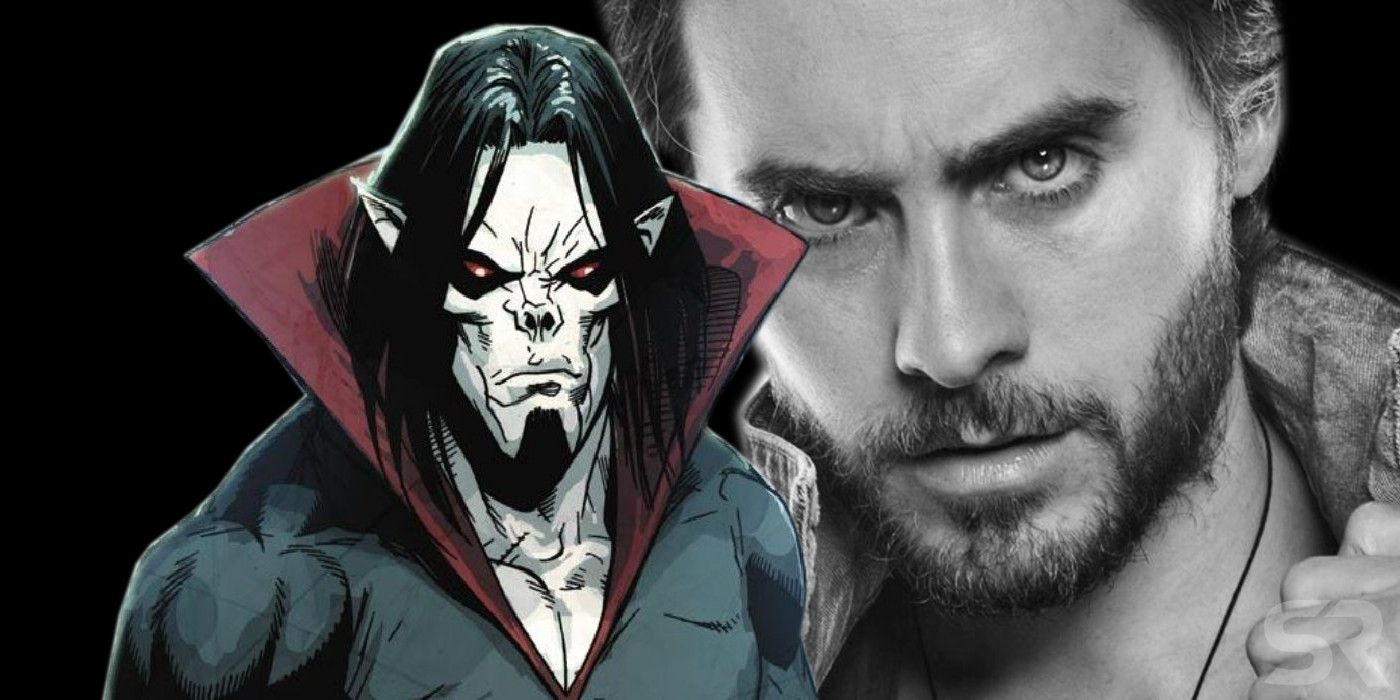
Sony has set 2020 release dates for the next two Spider-Villain spinoffs, which are expected to be Morbius and Venom 2. Morbius will star Jared Leto as a scientist whose attempt to cure himself of a rare blood condition goes horribly wrong and transforms him into a living vampire. Morbius is one of the favorite comic book characters of Sony producer Avi Arad, who believes it's a surefire success. The antihero has a lot less exposure than Venom, though, so it will definitely need a strong marketing push in order to perform well at the box office.
Sony is in the early stages of planning their post-2020 slate, with a wide range of these spinoffs in various stages of pre-production. The studio has floated ideas for characters like sneak-thief Black Cat, mercenary Silver Sable, and the big game hunter Kraven. In addition, they're also looking at films featuring several vigilantes who operate in Spider-Man's world in the comics - Silk, Jackpot, and even the little-known '90s hero Nightwatch. It's generally believed all this is building up to an Avengers-style event movie, possibly inspired by the popular comic book "Maximum Carnage".
Sony's Spider-Villains Universe Could Become Part Of The MCU
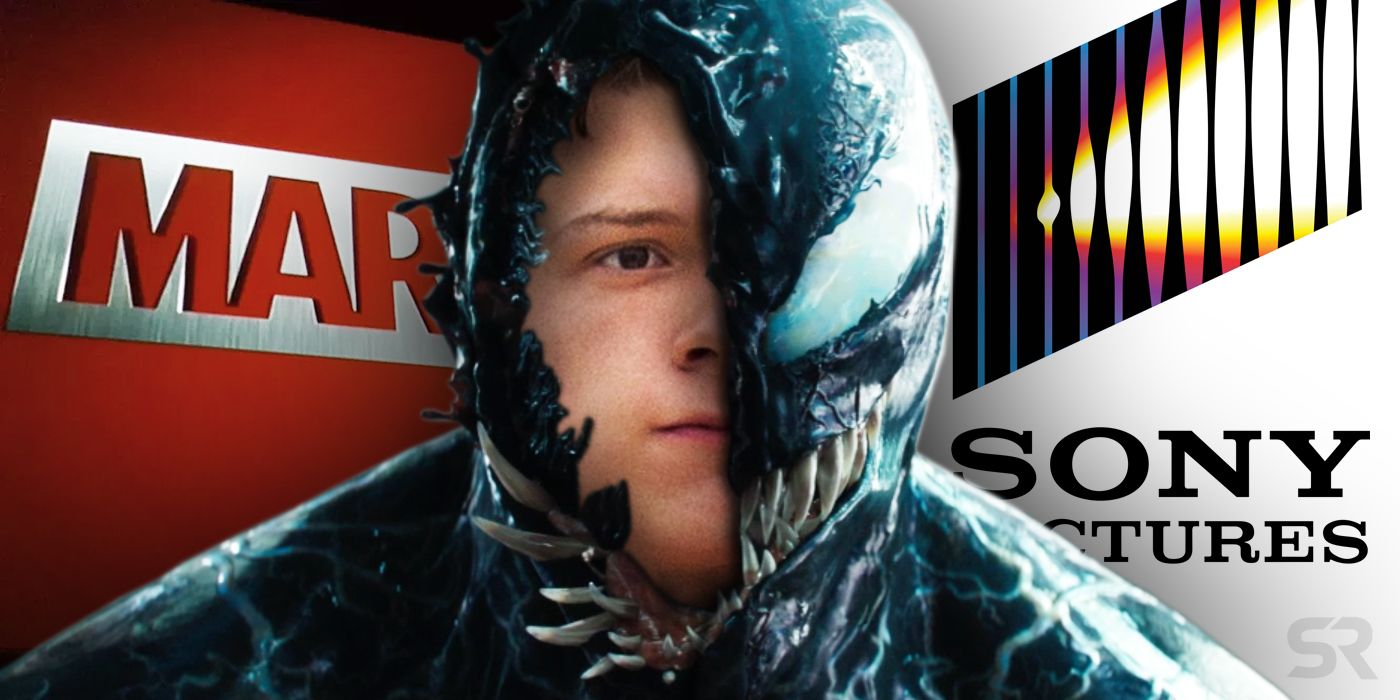
Repeated comments from Sony execs have strongly suggested that the studio hope to retcon their Spider-villains into the wider Marvel Cinematic Universe. Amy Pascal famously said they could be "adjuncts" to the MCU, enjoying the same kind of loose relationship that exists between Marvel Studios and Marvel Television. Certainly, Venom's script was careful not to contradict anything in the MCU, meaning it could easily be put alongside the Avengers in the future.
Read More: Is Venom In The MCU? Marvel/Spider-Man Movie Rights & Shared Universes Explained
It's not hard to understand why Sony hope this could happen; their spinoffs would take on a lot more prominence in the minds of fans if they were in the MCU, while that would clear the way for potential cameos from MCU stars - most notably Tom Holland himself. So far, there's no evidence that this is at all likely to happen. It's possible Sony do have some leverage, though; as previously noted, at some point Marvel and Sony will need to sit down and renegotiate the terms of the deal that brought Spider-Man into the MCU in the first place.
Page 3 of 3: Sony's Animated Spider-Verse Movies
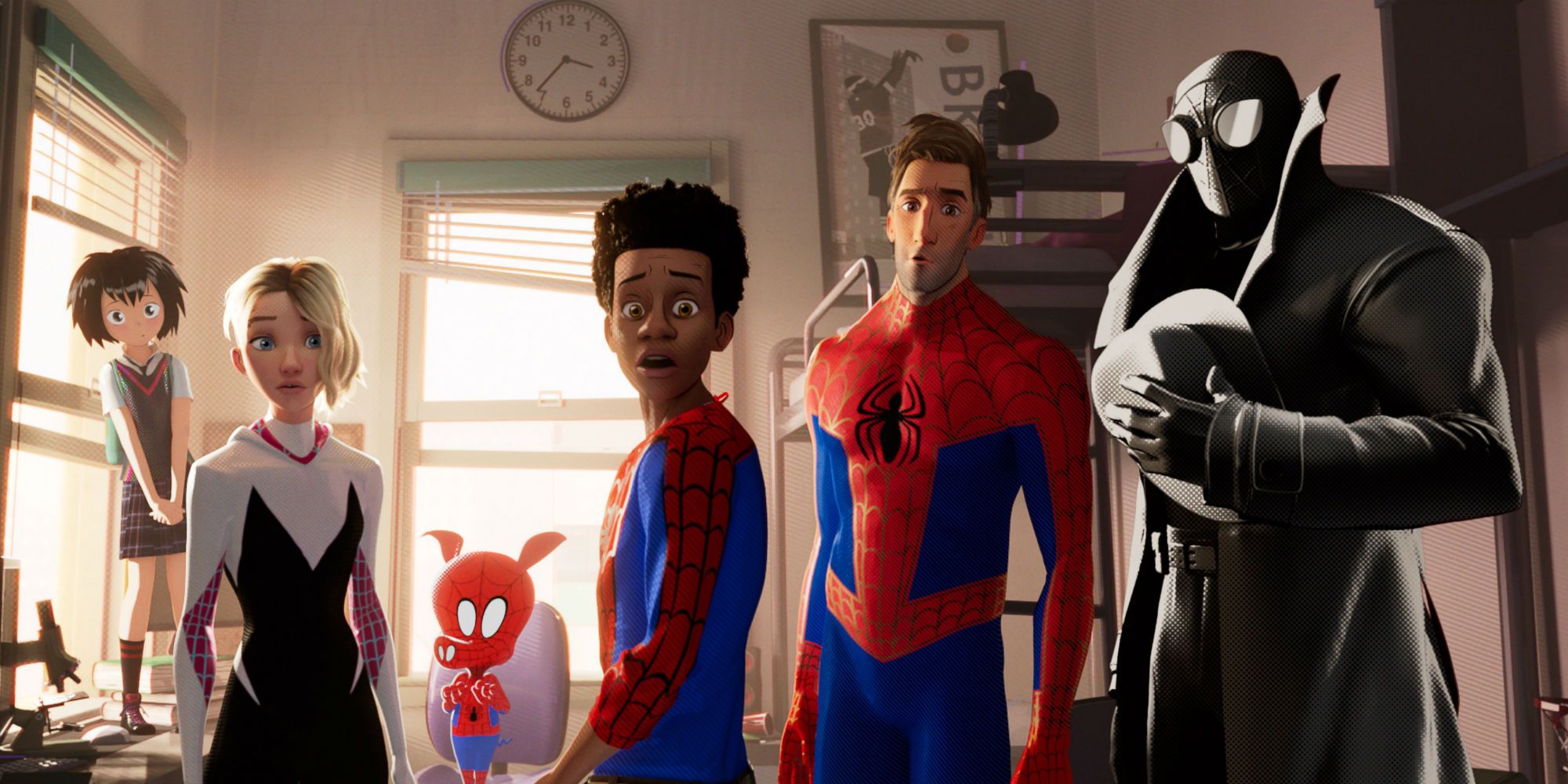
Explaining Sony's Animated Spider-Verse
Marvel Comics has a proud history of exploring alternate-universe takes on their most popular heroes, and Spider-Man is perhaps the most successful. In 2014, comic book writer Dan Slott came up with the idea of the "Spider-Verse" event - a plot that united every single version of Spider-Man ever created in a cosmic adventure against a predatory race known as the Inheritors. It was a bold concept that gave writers and artists the chance to develop whole new iterations of Spider-Man as well. The breakout star was Spider-Gwen, who originates from a reality in which Gwen Stacy was the one bitten by the radioactive spider rather than Peter Parker.
Sony's Spider-Man: Into the Spider-Verse is an animated movie that draws inspiration from this idea. It's ostensibly the origin story of Miles Morales, the Ultimate Spider-Man, blended with a reality-colliding plot that introduces a wide range of alt-universe Spider-Men. There's an older, disheveled and disgruntled Peter Parker; the spectacular Spider-Gwen; the 1930s Peter Parker, a.k.a. Spider-Man Noir; the youthful Peni Parker, who's bonded with the cybernetic SP//dr suit; and even an anthropomorphized funny animal parody of the wall-crawler, Spider-Ham.
Related: All The Different Spider-People Confirmed For Into The Spider-Verse
Early reactions described Spider-Man: Into The Spider-Verse as a top-tier superhero movie, and it received a perfect 100 percent critic score on Rotten Tomatoes. The New York Film Critics Circle has officially named it as the Best Animated Film of 2018, and it's tracking for a solid opening weekend.
The Future Of The Spider-Verse Franchise

Sony is clearly convinced that Spider-Man: Into the Spider-Verse will successfully launch a whole range of animated Spider-Man movies. Director Joaquim Dos is in talks for a sequel that presumably continues the story of Miles Morales, while Sony has approached Lauren Montgomery (Voltron, Batman: Year One) to helm a female-led spinoff that's expected to star Spider-Gwen. She could be joined by Spider-Woman, Madame Web, Spider-Girl, and Silk. So far, of course, these projects are only in the earliest stage of development, and it's unclear what cosmic event could bring the various spiders back together again.
Meanwhile, there's no shortage of other Spider-Men from the comics who could become stars of future animated movies; Marvel is currently publishing a "Spider-Verse II" event that has given them the opportunity to design a whole host of new alt-universe versions as well. In the comics, the Spider-Men have now developed technology to jaunt between the dimensions at will, wearing programmable wrist devices that they can use to target specific dimensions; that idea could easily serve as a plot device to allow the heroes to team up some more.
Whether this universe crosses over with any of the other Spider-Man universes - the MCU, the Spider-villain franchise, or the various previous iterations - remains to be seen, but it's already clear this could be as big as the others - if not bigger.
More: Every Spider-Man Movie In Development: MCU, Villain Universe & Animated
from ScreenRant - Feed https://ift.tt/2Ee0Qoz



0 Comments